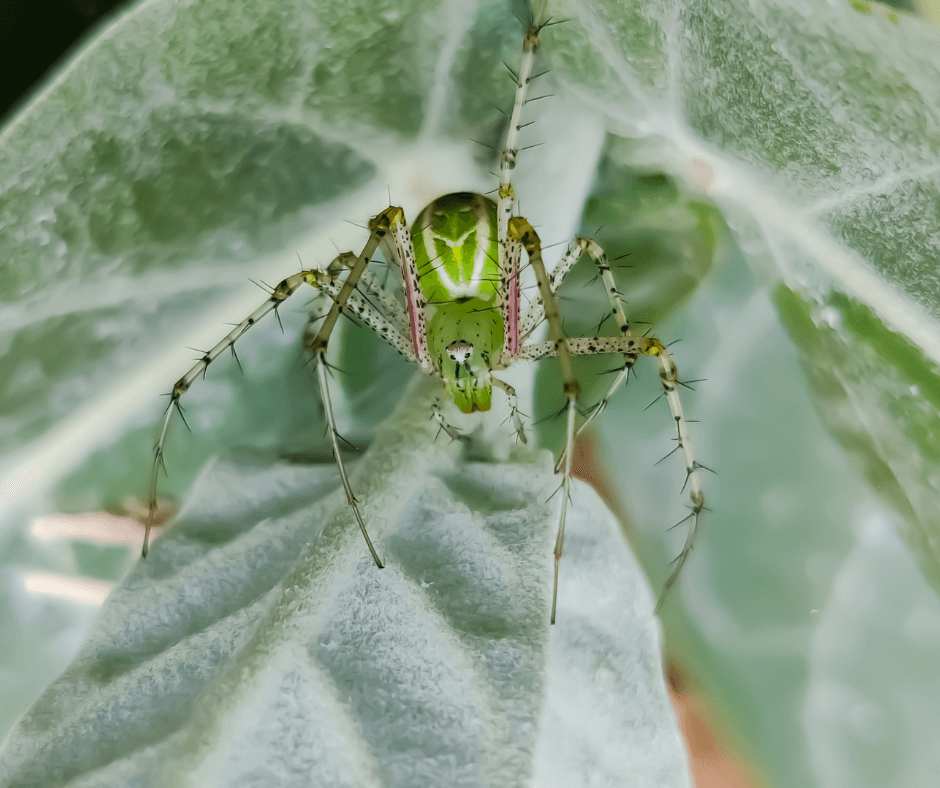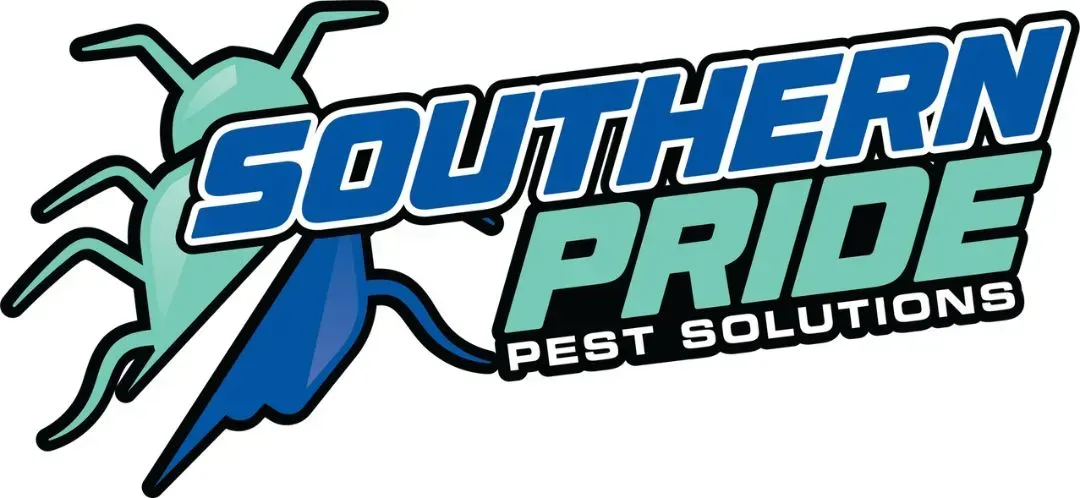Green Lynx Spider
Peucetia viridans
Green Lynx Spider Stats
Color: Bright green with red spots and black markings
Size: Adults are typically 0.5 - 0.8 inches in length
Shape: Long, slender body with long legs and sharp spines
What is a Green Lynx Spider?
Green lynx spiders, known for their bright green color and impressive hunting skills, play a crucial role in agriculture. These agile hunters do not spin webs but rely on their speed and excellent camouflage to capture a variety of insect pests. By preying on harmful insects, green lynx spiders help control pest populations, reducing the need for chemical pesticides and promoting a healthier, more balanced ecosystem in agricultural settings.

Where do Green Lynx Spiders live?
Green lynx spiders live in gardens, fields, and shrubs. They are commonly found on plants and flowers where they can easily blend in with the foliage. These spiders are often seen in warm, sunny environments.
What do Green Lynx Spiders eat?
Green lynx spiders eat a variety of insects. Their diet includes flies, moths, grasshoppers, and other small insects. They hunt by stalking their prey and using their sharp fangs to inject venom and immobilize their catch.
How do Green Lynx Spiders behave?
Green lynx spiders are active hunters and are known for their quick movements. They do not build webs to catch prey but instead rely on their excellent vision and speed. These spiders are often found on plants where they wait to ambush insects.
How do Green Lynx Spiders reproduce?
The female green lynx spider lays eggs in a silken sac, which she attaches to plants or hides in a safe place. She guards the egg sac until the spiderlings hatch. The young spiders disperse and start hunting on their own.
How can you control Green Lynx Spiders?
Green lynx spiders are beneficial predators that help control pest insect populations. If you need to remove them, carefully relocate the spider to a more suitable outdoor location. Maintaining your garden and keeping plants healthy can help manage their presence.
How do Green Lynx Spiders impact humans?
Green lynx spiders are not harmful to humans. They rarely bite, and their venom is not dangerous to humans. These spiders are beneficial by reducing the number of pest insects in gardens and fields. Their striking color and helpful nature make them an interesting part of the ecosystem.
Explore More Spiders
Our Pest Control Service Areas
Let us help you eliminate these pests!
We treat your home or office as if it were our own!



